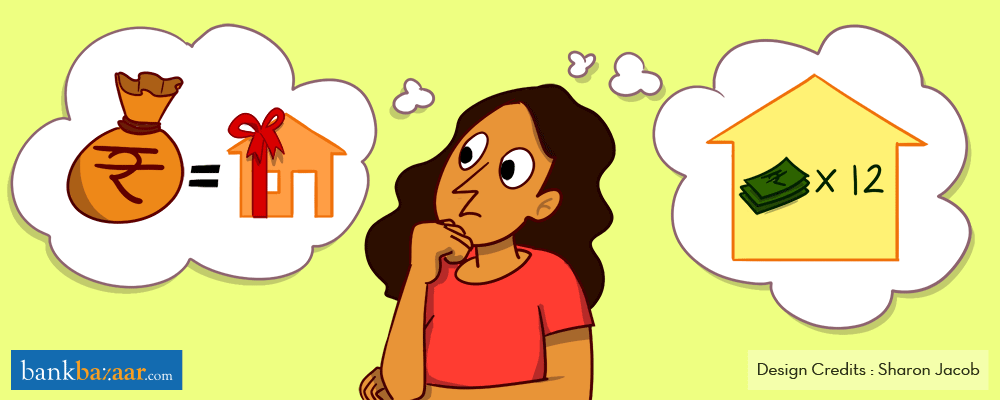Buying house with HVAC from 1995- home warranty? : homeowners
Table of Content
Purchasing the warranty makes the property easier to sell and protects the seller from post-sale complications that may arise. Home warranties protect the seller from liability if appliances break down after the home purchase. Plus if something does break, the new homeowner can call the warranty company instead of calling the seller to get the issue resolved. Be sure to shop around to find the best deal for your home warranty. While cost may be a factor, the number of items covered and the additional services offered, as well as the home warranty company's reputation and quality of service, should also be considered. You may need to purchase a second home warranty or additional coverage if you own a second refrigerator or swimming pool as these items are normally not covered under a standard home warranty.
The cost of the home warranty came out of the proceeds rather than my sellers paying out of pocket to replace the HVAC,” recalls Blackwood. You may be able to purchase optional add-ons with a home warranty plan to get protection for systems or appliances that aren’t covered by a standard plan. Home warranty plans may also have options for additional coverage for items such as your pool equipment or ductwork, and some companies even offer pest control with their plans.
What Does a Home Warranty Not Cover?
Having a home warranty doesn’t mean the homeowner will never have to spend a penny on home repairs. Some problems won’t be covered by the warranty, whether because the homeowner didn’t purchase coverage for that item or because the warranty company doesn’t offer coverage for that item. Also, home warranties usually don’t cover components that haven’t been properly maintained. (More about this drawback below.) Furthermore, if the warranty company denies a claim, the homeowner will still have to pay the service fee and will also be responsible for repair costs. Home warranty companies have agreements with approved service providers. When something that is covered by a home warranty breaks down, the homeowner calls the home warranty company, which sends one of its service providers to examine the problem.

Get free, objective, performance-based recommendations for top real estate agents in your area. Having a seller’s warranty in place for the duration of your home sale makes sense in a lot of cases. But as we explained earlier, you may just want to save the warranty as your wildcard at the negotiation table.
Should You Offer a Home Warranty When You Sell Your Home?
They’re complicated structures with lots of moving parts that are aging at different rates. Many homeowners find solace in the warm embrace of a home warranty, either one their realtor’s brokerage offers or one the home seller provides. “It’s more advantageous for sellers to make the deal that’s on the table work for all parties rather than terminate the sale and go back on the market. Rather than starting over, it saves money to make the deal work by offering a home warranty in place of completing repair requests submitted by your buyer,” says Blackwood. Some homeowners are such big believers in home warranties that they maintain one the entire time that they own their home.
Learn about your options and what is covered in a home warranty. There are building warranties that give homeowners peace of mind for the first ten years after the construction of the property. Landmark Home Warranty also offers new construction home buyer plans, which act as a protection if something is faulty within the first two years after closing. “A home warranty is a contract that offers coverage for a specific set of repairs,” Sam Thomas, Realtor with Providence Group Realty in Plano, Texas, says. The seller wins because they don’t have to pay for those repairs out of pocket. It’s a win for the buyer because they get to oversee the repairs, plus they get the use of the home warranty for its duration should other problems arise.
What does a home warranty cover?
Although those homes are generally under a warranty, the warranty you receive comes directly from the builder, as well as the manufacturers of the materials your builder used. A home warranty is a popular incentive to attract buyers in a slow market. Existing home warranties are often transferable from the seller to the buyer.
While your HVAC system may be covered by your home warranty, if it can no longer be repaired many home warranties will pay a portion of the replacement cost. How much your policy will pay varies between providers and policies. “Some policies offer add-on coverage, such as covering additional plumbing like a hot tub. And most warranty companies will typically fix things until they can’t be fixed anymore.
You tend to get better prices too, as they have to actually compete for your business since you can shop around and get a few quotes. When it dies in the middle of that heatwave, you're going to get whatever somebody has available at that moment and you're going to pay through the nose for it. You are buying a house with a 27 year old AC in a hot climate - it needs to be replaced. Home warranties are also different from the warranty you’d get when buying a new home.

Each home warranty company offers different levels of coverage, so it’s important to know exactly what's included in the plan you choose. You should also read the contract carefully so you understand per-item and annual payout limits, excluded parts and circumstances when coverage doesn’t apply (e.g., a breakdown due to a preexisting condition). If you want protection for your appliances and home’s systems but don’t want to risk dealing with home warranty companies and contractors, one option is to start your own fund for unexpected home expenses. You can read more here about what else is covered by homeowners insurance here.
This is especially the case if the homes in your area stay on the market a little longer than you'd like. If anything, a home warranty can help motivate buyers to seal the deal. Buying a home warranty for the buyer is used as a selling point for the property.

If the home purchase ends during the stipulated period, then the reservation fee will be deducted from the final price of the house. Failing to exchange the contract during the 28 days would mean you forfeit your payment which is why you need to have your funds ready before you reserve the home. You can reserve the home for yourself if you pay the developer a reservation fee which differs depending on the developer and property. Their experienced warranty professionals will assist you through the process of securing your warranty, from filling out a single proposal form to locating the most cost-effective product that is suitable for you. However, it is important that as you are buying a new home, you know the kind of building warranty it has. Young families, for whom buying a house is a significant financial undertaking, frequently opt for a brand-new construction as their first residence.
Comments
Post a Comment